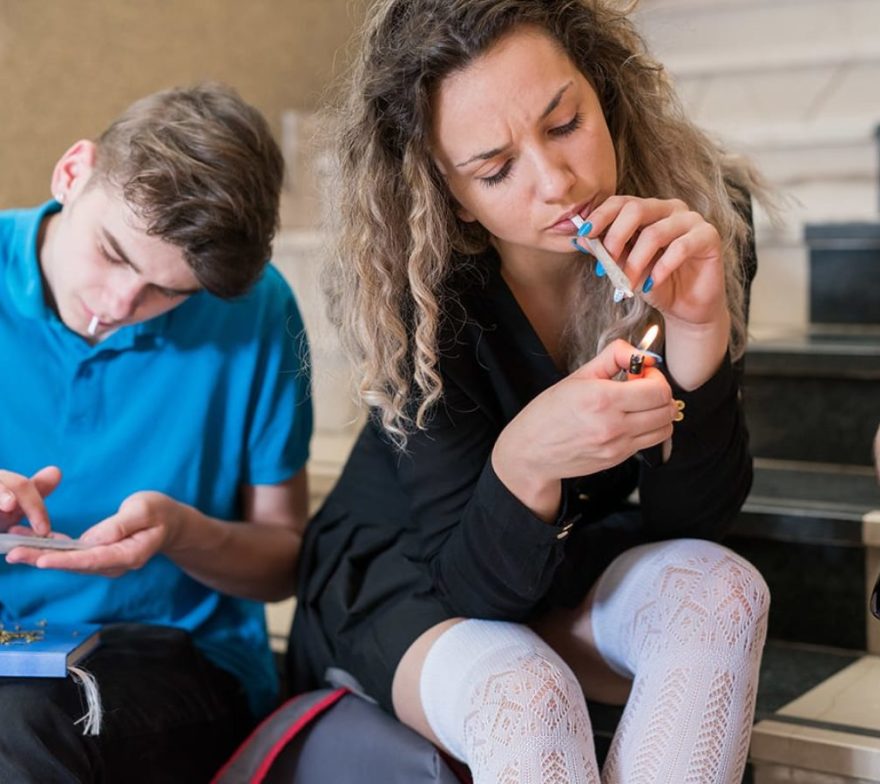RAD
Teen Reactive Attachment Disorder (RAD) consists of a child’s emotional detachment from their parents or caretakers. Normally, this disorder begins in the early years of childhood.


REACTIVE ATTACHMENT DISORDER
Teen Reactive Attachment Disorder (RAD) consists of a child’s emotional detachment from their parents or caretakers. Normally, this disorder begins in the early years of childhood. This disorder could be triggered because of ill-treatment or abuse by parents / caretakers towards their children when they are less than five years of age. This disorder is often associated with adopted children who could not build enough rapport with their foster parents.
Causes of Teen RAD
Adoption is ranked as the top cause for this disorder. Adopted children require special care in order to build new relationships, and grow accustomed to a new environment. Improper handling of this process may lead to hatred, difficult relationships, and ultimately reactive attachment disorder.
This disorder is also attributed to time spent in an orphanage and other foster homes before a child is moved to a new environment. The change of caretakers and nannies, especially if there is mishandling and/or abuse in this process is one of the major triggers for this disorder.
TEEN RAD
Some detachment and drifting is normal during the teenage years. However, there are more prominent specific symptoms that are exhibited in order to identify teen reactive attachment disorder. Some of these symptoms include:
- Separating from family and friends
- Refusing to accept or ask for help
- Developing suspicion and distrust of family members
- None or limited compassion towards family
- Manipulative actions
- Violence towards siblings and animals
- Tendency towards dishonesty and lying without remorse or regret
- Sleeping disorder

OF TEEN RAD
Teens with reactive attachment disorder may attempt to mask their symptoms with false empathy and kindness. This is not recovery but rather a manipulative behavioral technique to enable them to remain in their own shell, wrapped up in self. Cognitive behavioral therapy (CBT) or dialectical behavior therapy (DBT) are recommended treatment therapies to assist the teen to develop healthy interpersonal relationships, and balanced emotional responses, all the while addressing the underlying triggering trauma. Families are usually involved in these therapy sessions allowing the process is therefore engaging and interactive.
Additionally, meditation and relaxation, as well as a focus on the teen’s interests and hobbies, such as – drama, sport or dance are also explored as methods to aid the healing process. Occasionally, where there are co-occurring issues, medication will also be prescribed to manage the debilitating symptoms of this disorder so that the therapy can be the most effective and sustainable.
AT BEACHSIDE TEEN TREATMENT CENTER
Beachside Treatment Center is a well equipped, state of the art rehabilitation facility, competent to treat teen reactive attachment disorder. Overlooking the wide expanse of the Pacific Ocean, Beachside Treatment Center provides individualized treatment programs, facilitated by a stellar and professional staff, to ensure accurate diagnosis, treatment and ultimate long-term healing for your loved one.
Contact Us
Our dedicated team is ready to answer your questions.
Give us a call, or request a call back:
OR
Get a Consultation!
At Beachside Treatment Center, we are ready to assist you at all stages of the recovery process.
